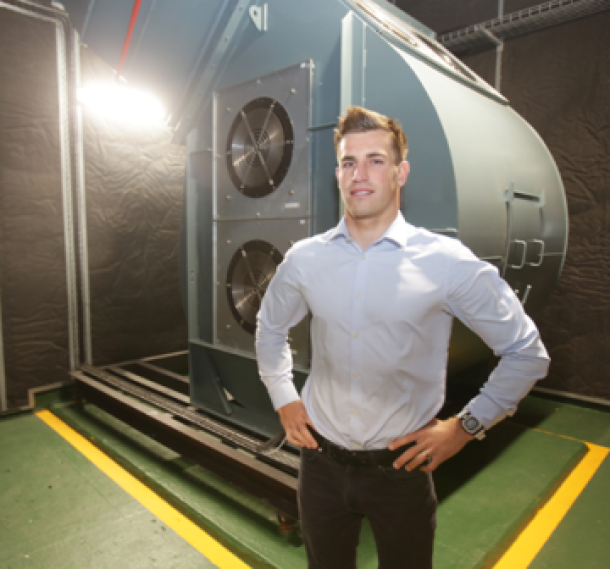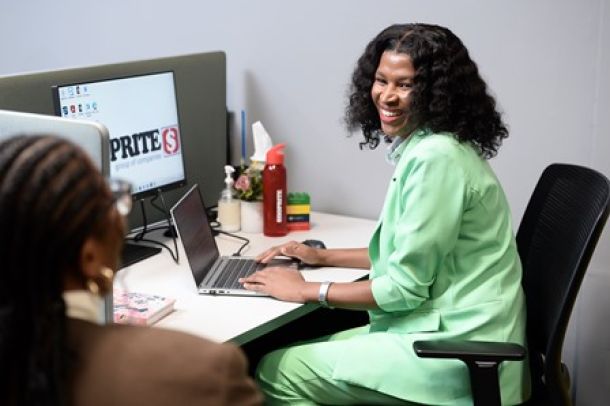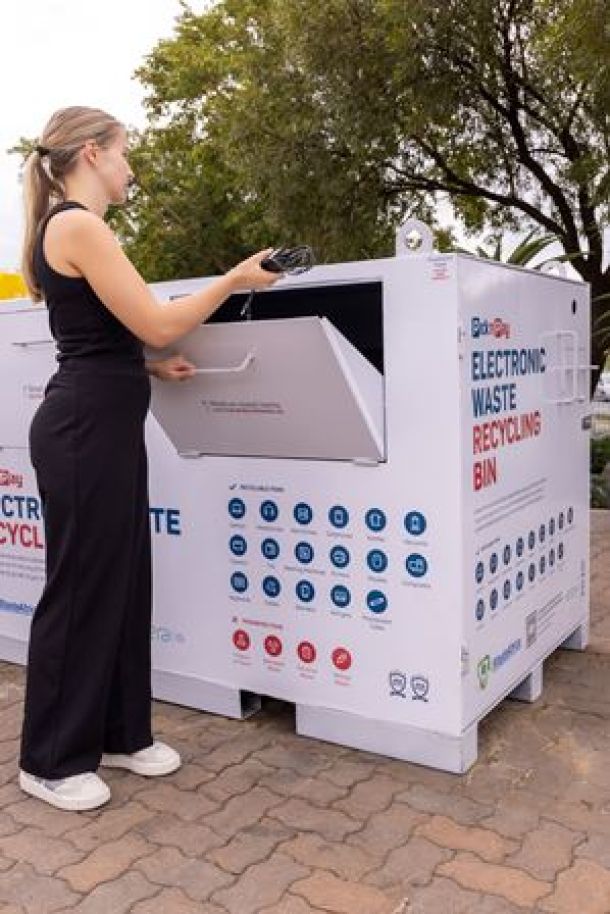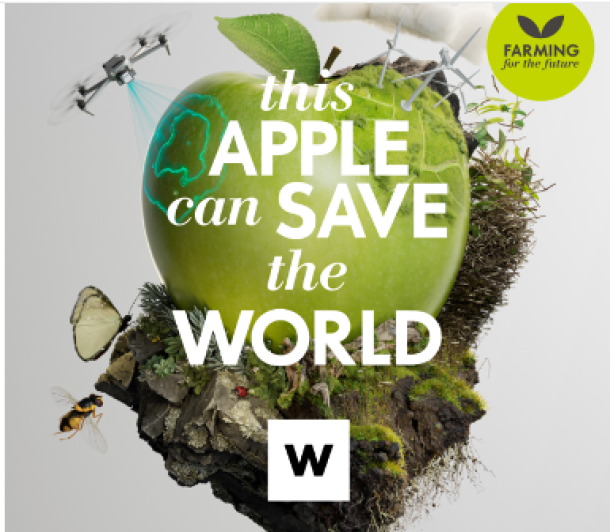Woolworths steps up action on plastic
Woolworths plans to phase out non-recyclable plastic packaging for its own products — as well as plastic shopping bags, straws and earbuds — by 2022.
This is in response to mounting pressure on retailers globally to reduce the environmental damage caused by plastic.
The retailer said in a statement it "aims to have none of its packaging end up in landfills, which requires 100% recyclable material and a supportive recycling infrastructure".
Woolworths group head of sustainability Feroz Koor told Business Day that the shift towards recyclable materials "will have significant resource and supplier implications as it is a complex challenge".
"We will have to continue working closely with recyclers, packaging convertors, producer responsibility organisations and government to develop technically and commercially viable solutions to recycling different plastics and investigating alternative materials," Koor said.
Woolworths said its "vision of zero packaging waste to landfill" would involve the removal of "unnecessary" single-use plastics and a total shift to reusable or recyclable own-brand packaging by 2022.
It said it had already stopped selling plastic straws in its stores, while paper-stemmed earbuds would replace plastic versions by November. In its cafés, the retailer was replacing plastic straws and cutlery with paper and wooden alternatives, while it was also piloting a coffee cup recycling programme.
It was also installing vending machines for recyclable goods in certain stores and was testing "affordable" reusable shopping bags "with a view to phasing out single-use plastic shopping bags completely".
Woolworths SA CEO Zyda Rylands said the company’s research and customer engagements indicated that many customers wanted to see the shift from nonrecyclable materials happen "as fast as possible".
Pick n Pay chairman Gareth Ackerman said in April the retailer had "made good progress" in shifting customers away from single-use plastic bags, having sold more than 1-million reusable bags in 2017.
Reversing "the tide of plastic damage" was a complex issue given the industry’s reliance on plastic to protect products, to aid food safety, for convenience and to make products affordable.
"We will come forward with a comprehensive plan this year covering such areas as packaging, plastic bags, plastic straws and ways for customers to be more sustainable while depending less on plastic," Ackerman said.
In the UK, Tesco has already announced plans to ban all nonrecyclable plastic by 2019.
News Category
- International retailers
- On the move
- Awards and achievements
- Legislation
- Wine and liquor
- Africa
- Going green
- Supplier news
- Research tools
- Retailer trading results
- Supply chain
- Innovation and technology
- Economic factors
- Crime and security
- Store Openings
- Marketing and Promotions
- Social Responsibility
- Brand Press Office
Related Articles

Pick n pay upcycles air-conditioning systems, s...

Shoprite Group opens pathways to job opportunit...

Pick n Pay empowers shoppers in the fight again...

Massmart implements early leak detection techno...


